Basic Math Skills Extra Challenge Numbers Worksheets for Ages 3-7
7 filtered results
-
From - To
Our "Basic Math Skills Extra Challenge Numbers Worksheets for Ages 3-7" are designed to provide young learners with a fun and stimulating way to master essential math skills. Perfectly tailored for early childhood education, these engaging worksheets help kids practice number recognition, counting, and simple addition and subtraction. Each worksheet is crafted to challenge young minds with age-appropriate tasks that build foundational math abilities. Foster a love for learning numbers with our expertly designed activities, and support your child's mathematical journey while having loads of fun! Ideal for both classroom and at-home practice.
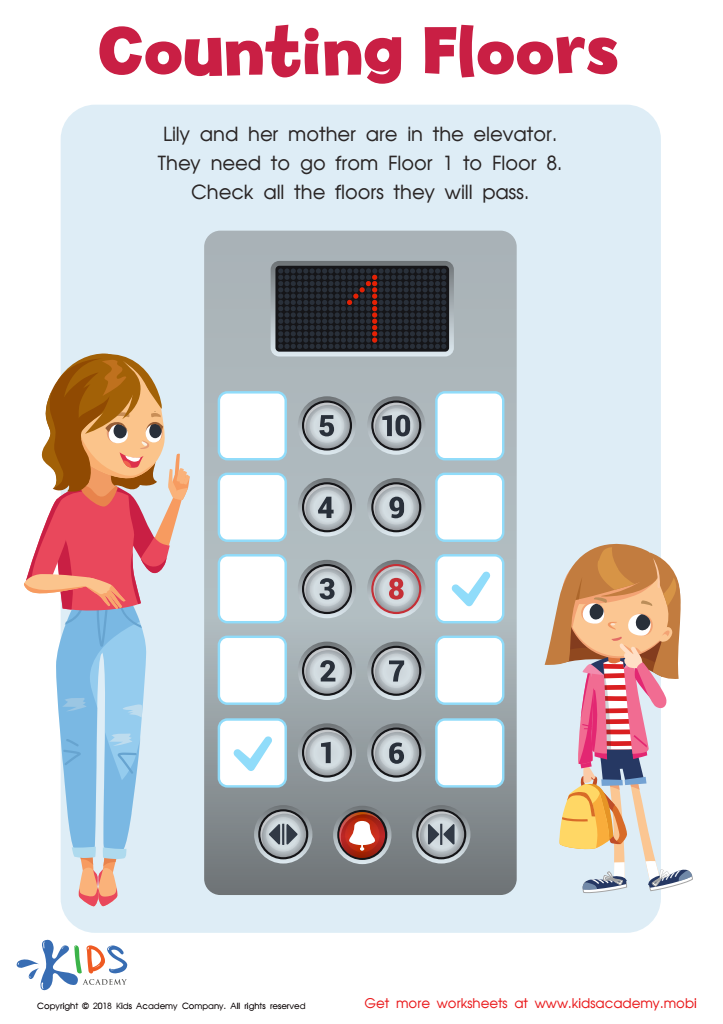

Counting Floors Worksheet
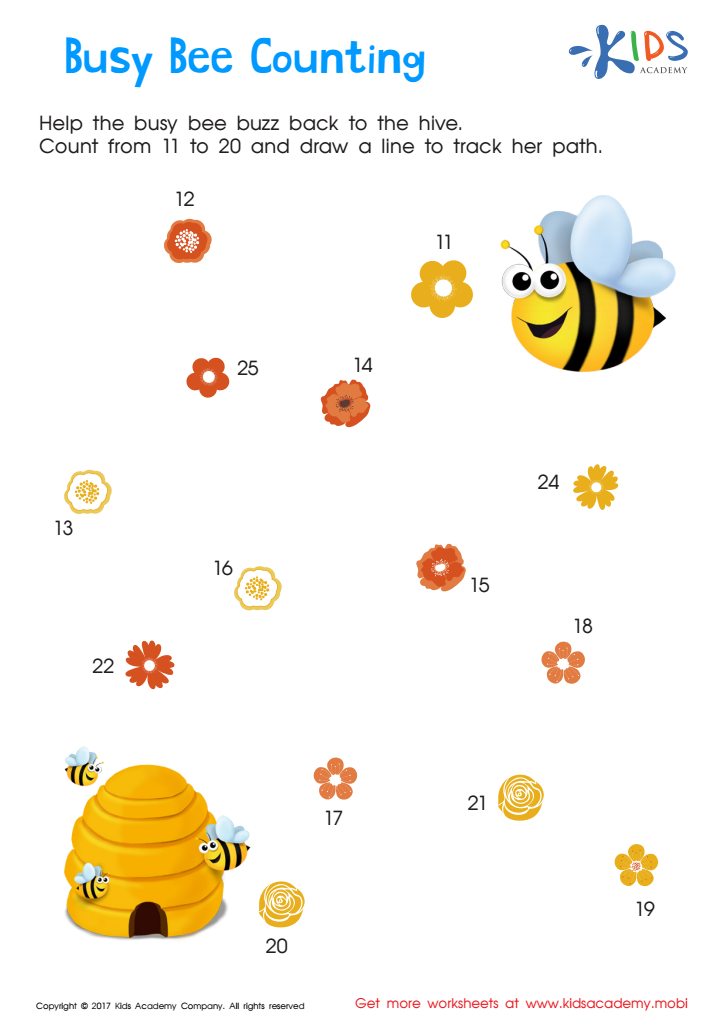

Ordering 11–20: Busy Bee Counting Worksheet
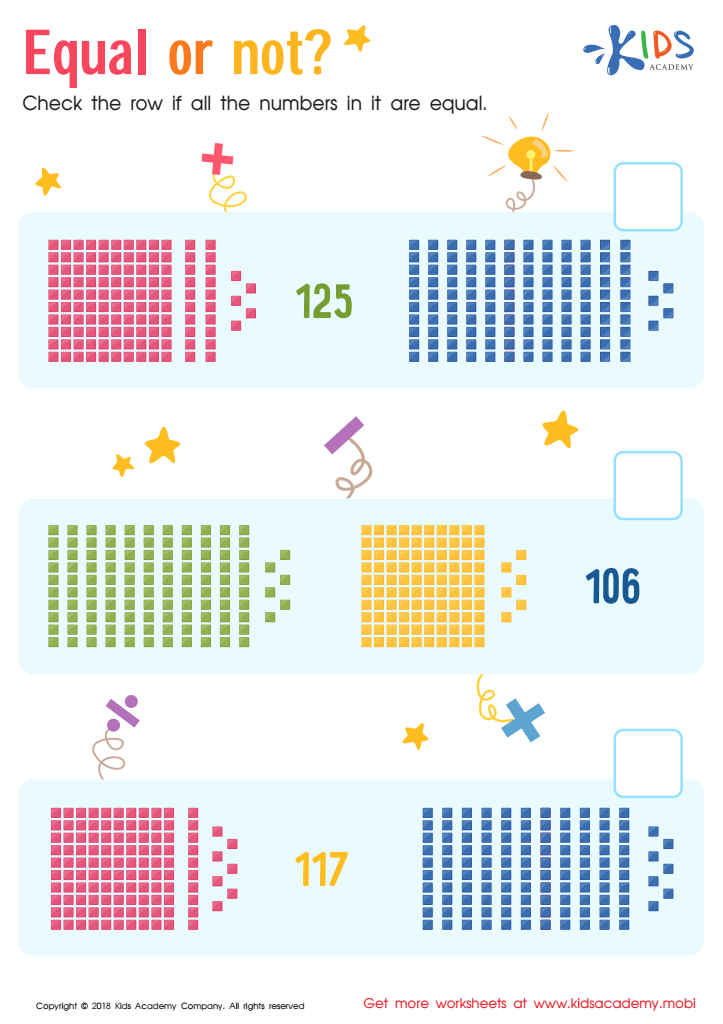

Equal or not Worksheet
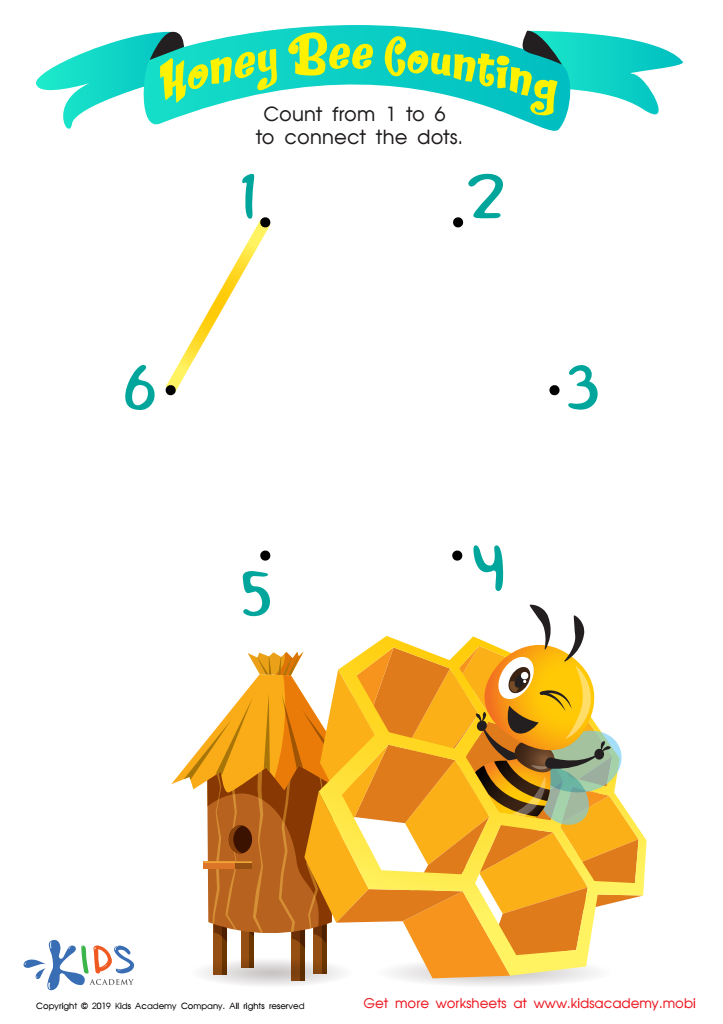

Honey Bee Counting Worksheet
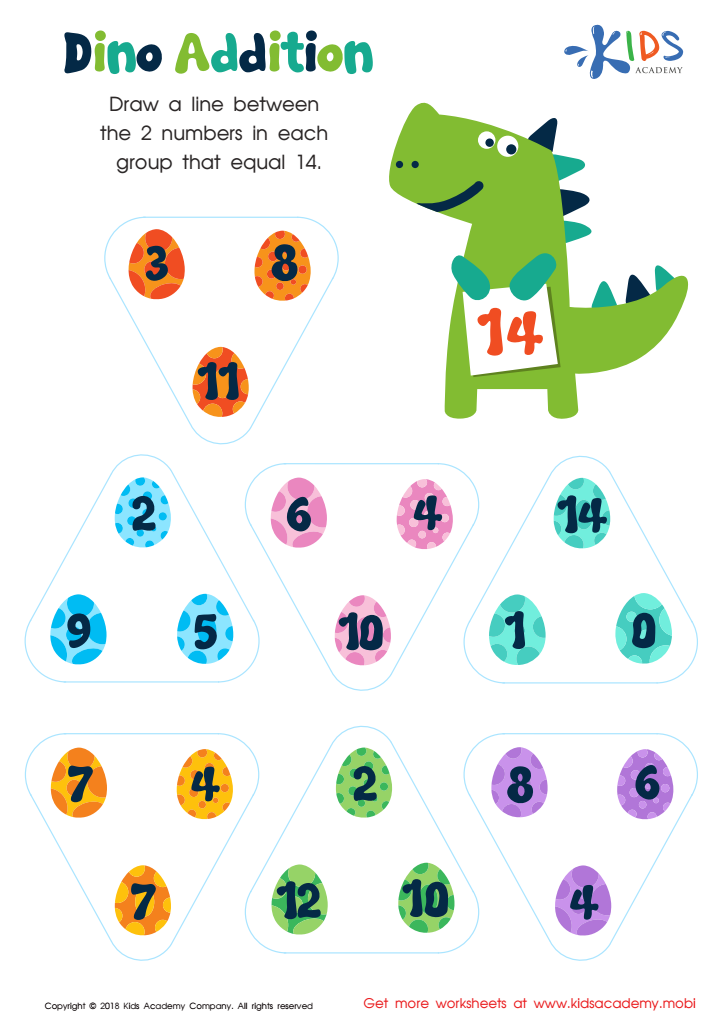

Dino Addition Worksheet
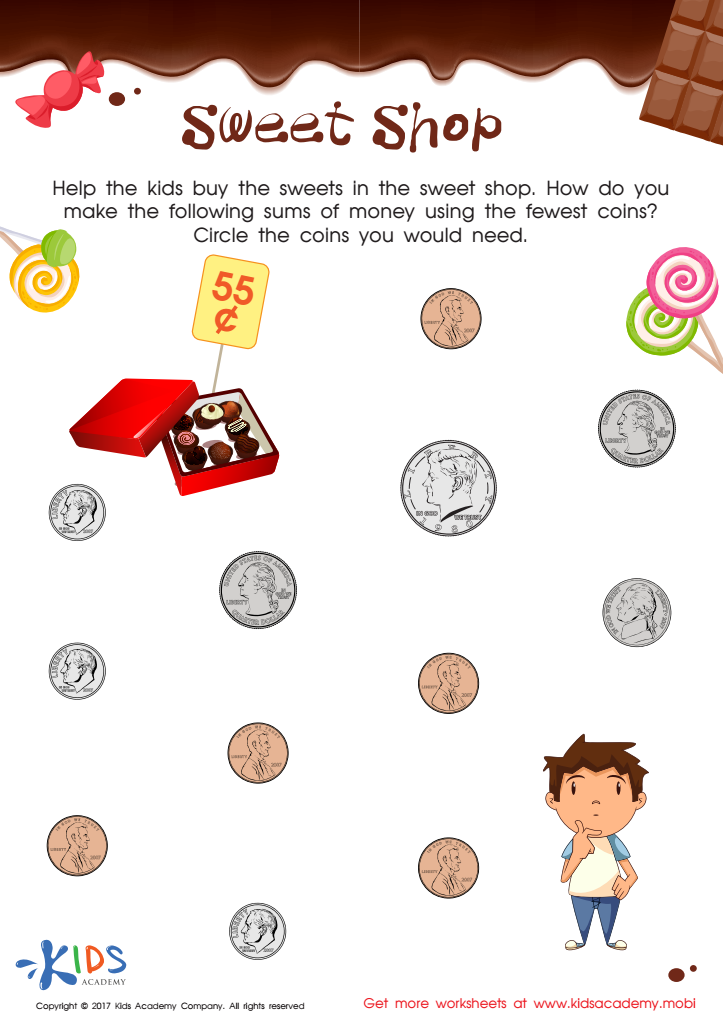

Sweet Shop – Counting Coins Worksheet
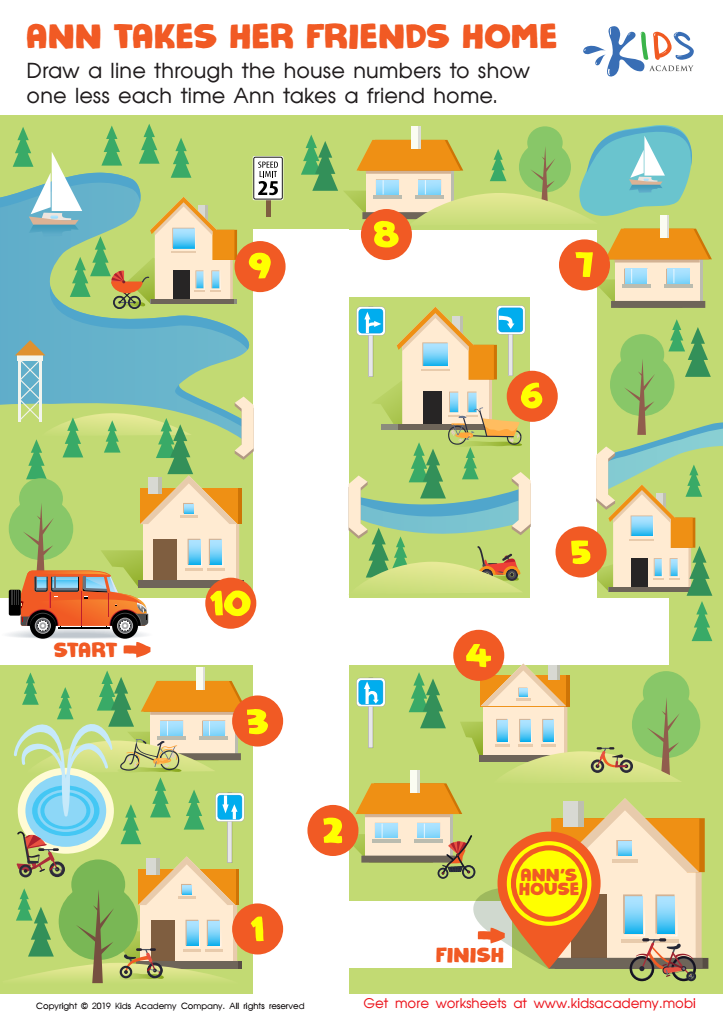

Ann Takes her Friends Home Worksheet
Basic Math Skills Extra Challenge Numbers activities for ages 3-7 are crucial because they lay the foundation for a child’s academic and real-life success. During these formative years, children’s brains are exceptionally receptive to learning, making it an ideal period to introduce mathematical concepts.
The benefits of incorporating basic math challenges are multifaceted. Firstly, it nurtures children’s problem-solving and critical-thinking skills. Understanding numbers, patterns, and basic operations establishes a groundwork for logical reasoning fundamental in various life aspects. Early math proficiency has also been linked to later academic achievement, especially in science, technology, engineering, and mathematics (STEM) fields.
Secondly, engaging math challenges foster a positive attitude towards learning and boost confidence. When children work through these exercises successfully, they gain a sense of achievement and self-efficacy, motivating them to tackle more complex problems with perseverance.
Finally, these activities can seamlessly fit into everyday routines, turning mundane moments into educational opportunities. Parents and teachers can incorporate counting, sorting, and simple calculations into playtime, making learning fun and relatable.
In summary, focusing on basic math skills for young children lays an essential educational foundation, builds critical life skills, and fosters a lifelong love for learning. By prioritizing these early math experiences, parents and teachers invest in the future success and well-being of their children.
 Assign to My Students
Assign to My Students





















